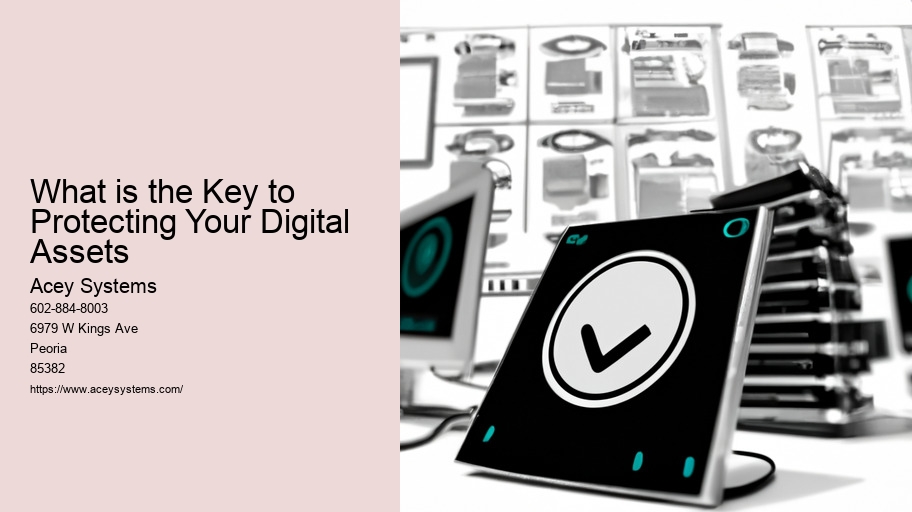In an increasingly interconnected world, the protection of our digital assets has become paramount.
backup services .But what is the key to safeguarding our sensitive information from cyber threats?
This article delves into the essential practices that can help fortify our digital defenses.
From the importance of strong passwords to implementing two-factor authentication and keeping our software and devices up to date, discover the crucial steps necessary to protect your valuable digital assets in this ever-evolving technological landscape.
The Importance of Strong Passwords
Implementing strong passwords is crucial for safeguarding your digital assets. A strong password is one that is complex, unique, and difficult for others to guess or crack. It should be a combination of uppercase and lowercase letters, numbers, and special characters.
Using easily guessable passwords such as '123456' or 'password' puts your digital assets at risk of unauthorized access. It is recommended to use a password manager to generate and store strong passwords securely.
Additionally, it is crucial to regularly update your passwords and avoid reusing them across different accounts. This helps mitigate the risk of a single compromised password granting access to multiple platforms.
Implementing Two-Factor Authentication
Utilizing two-factor authentication is essential in fortifying the security of your digital assets. Two-factor authentication (2FA) adds an extra layer of protection by requiring users to provide two separate forms of identification before accessing their accounts. This method significantly reduces the risk of unauthorized access, as even if one factor, like a password, is compromised, the attacker would still need the second factor, such as a unique code sent to a mobile device.
Implementing 2FA involves enabling this feature on your accounts and choosing a second factor, which can include SMS verification, email verification, biometric scans, or hardware tokens. It is crucial to choose a reliable and secure second factor, as not all methods offer the same level of protection.
Keeping Software and Devices Up to Date
One of the keys to protecting your digital assets is regularly updating your software and devices. This is crucial as outdated software and devices are more vulnerable to security breaches and hacking attempts.
By keeping your software and devices up to date, you ensure that you have the latest security patches and bug fixes installed, which helps to address any potential vulnerabilities that hackers could exploit.
Regular updates also provide new features and improvements that enhance the functionality and performance of your software and devices.
To ensure that your software and devices are always up to date, enable automatic updates whenever possible. Additionally, regularly check for updates manually and install them promptly.
